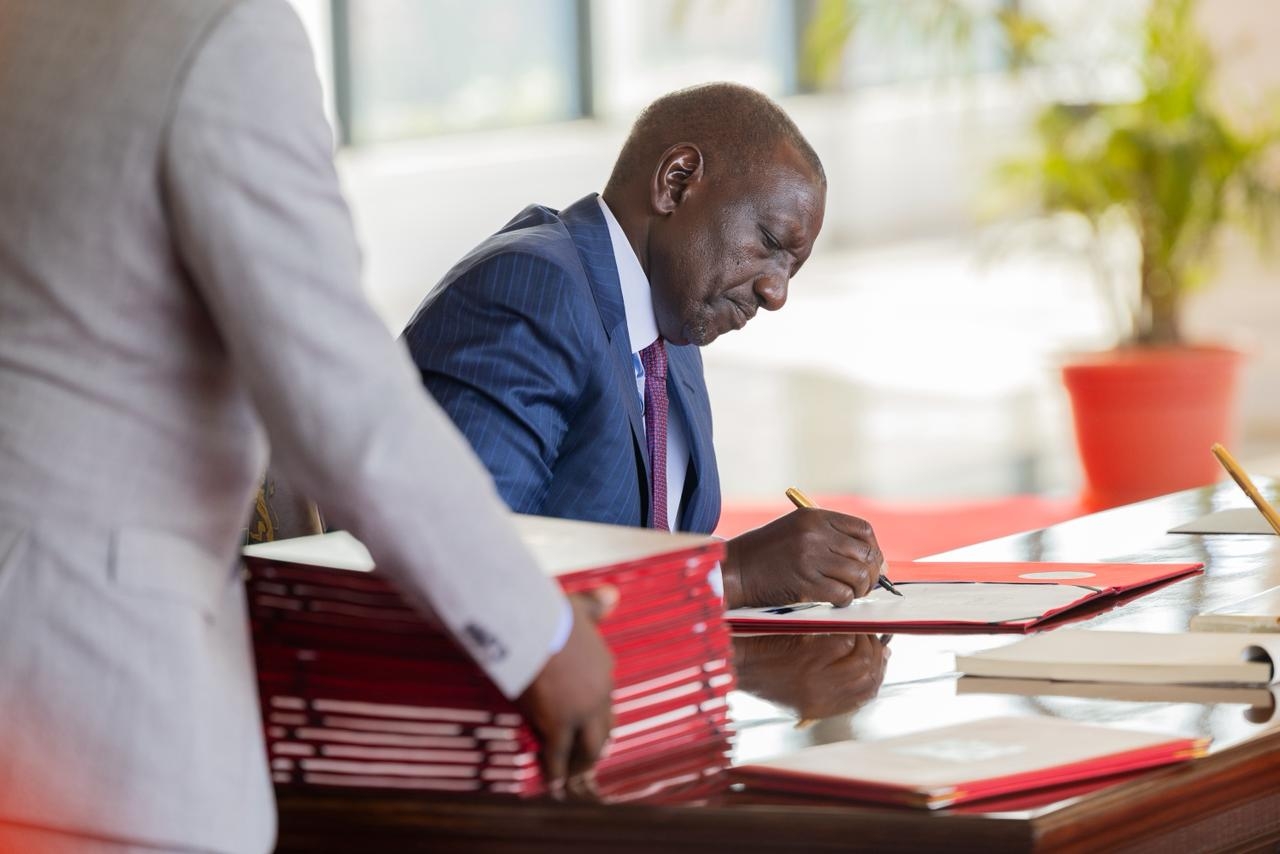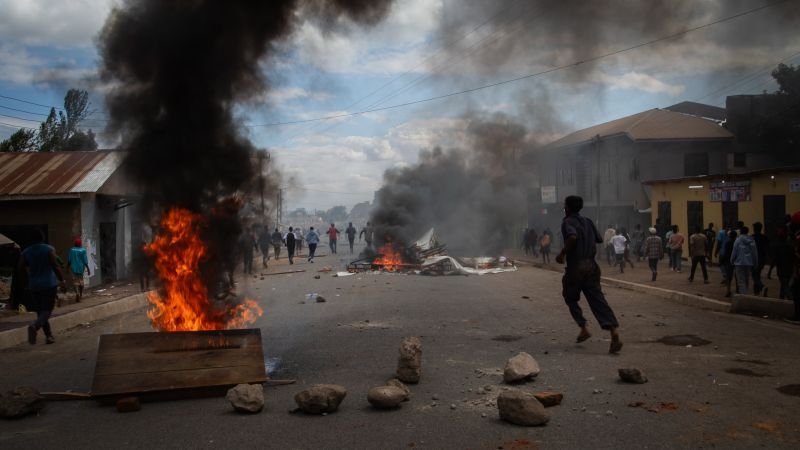All indices at the Nairobi Securities Exchange blinked red for the first two hours of trading on Wednesday as investors analysed the aviation workers' strike that paralysed operations at Jomo Kenyatta International Airport.
Market analysis by the Star shows the All Share Index, NSE-25 and NSE-20 lost an average of 4.8 per cent, the worst drop since December last year, before gaining during the day.
Market analyst Jared Agembo said the impact was expected as JKIA is a key entry point for most investors coming into the country.
"An international airport says much about a country. Any slight disruption sends a negative signal to investors. Today's strike was a breaking news item as investors made decisions for the day,'' Agembo said.
The market, however, closed on a positive note, with investors' paper wealth growing by 6.4 per cent to Sh1,7 trillion. The number of equity deals also grew by 104 to close at 1,425.
The strike saw airlines delay or were forced to cancel some flights, inconveniencing travellers.
The national carrier, Kenya Airways, told the Star that it was doing its best to ensure all passengers were put on the next available flight.
"This strike has affected our schedule. We are calling on our customers to be patient as we try our best to sort out the issue. It is hectic," a communications officer said.
Other airlines passing through the Kenyan hub including Ethiopia Airlines, Emirates and Qatar Air warned passengers of the disruptions.
The tourism industry felt the heat from the strike that affected key entry and exit points of JKIA and Moi International Airport.
JKIA, which accounts for more than 80 per cent of international arrivals, before tourists connect to other destinations in the country, has 39 airlines that use the facility, connecting Kenya to more than 64 destinations directly.
The delays and flight cancellations inconvenienced tourists jetting into the country and those leaving, industry players said.
While the sector was not heavily impacted in its entirety, as some landings and take-offs continued albeit with delays and rescheduling, industry players called on the government to resolve the impasse with aviation workers even as they urged transparency.
“This is highly regrettable and it is a result of a government that is choosing to operate in an opaque manner. If only there was transparency in all this, I am sure we would not have been in this quagmire. Leadership must realise that the leadership they hold is a privilege and they ought to be selfless and trustworthy custodians of these national assets like JKIA,” said Mohammed Hersi, a seasoned hotelier and the group director of operations at Pollmans Tours and Safaris.
The Kenya Association of Travel Agents said the industry had "suffered a great deal of loss", with stranded passengers demanding compensation for the delays and missed business opportunities.
KATA chief executive Nicanor Sabula said massive cancellations of international flights had been recorded, with members unable to reschedule the flights due to unpredictable timelines for the resumption of normal services.
"This strike was avoidable and, therefore, we feel that government has failed us by being unable to strike an agreement with the aviation workers union," Sabula told the Star.
Players in freight reported the cancellation of some outbound cargo flights and several delays that affected exports of flowers, vegetables and beef, among other cargoes. A consignment of avocados to Dubai was among those affected.
“We foresee massive losses, especially for exports that are time bound,” Shippers Council of Eastern Africa CEO Agayo Ogambi told the Star.
There are over 25 cargo airlines operating at the JKIA with flights to more than 50 countries, making it East Africa's busiest airport.
The Kenya Civil Aviation Authority remained adamant that despite the labour unrest that caused a partial paralysis at JKIA, essential services were 'fully operational.'
In a statement, the authority said essential services, including air traffic control, remained fully operational despite reports of delays by passengers
KCAA emphasised that despite the disruption caused by the strike, air navigation services were unaffected, and the management of Kenya's airspace continued smoothly.
"Aircraft operations, including take-offs and landings, are being handled without delays, and efforts are in place to address any potential backlog quickly," the KCAA said.
"We are committed to ensuring the safe and efficient management of Kenya's airspace during this period."
KCAA said they were monitoring the situation and would provide timely updates as necessary.
















